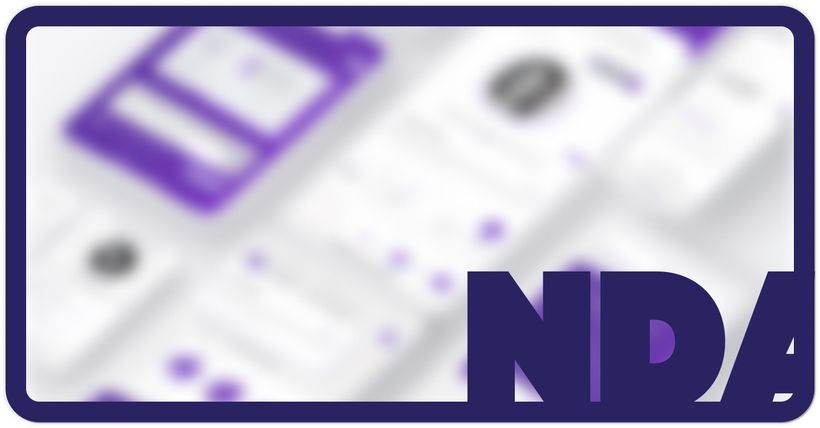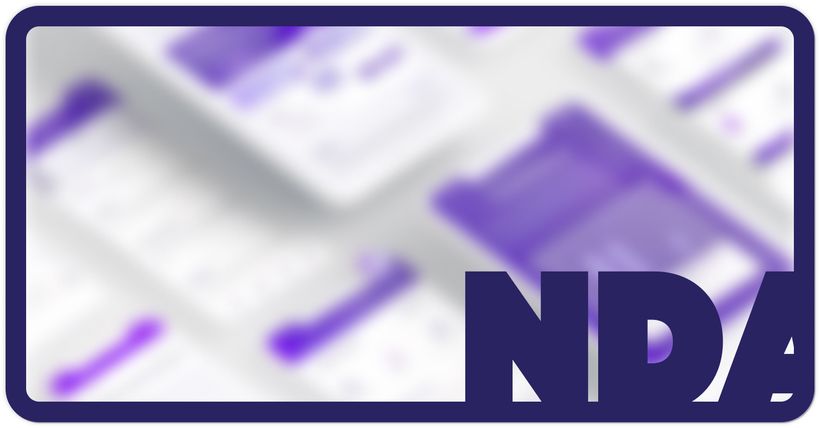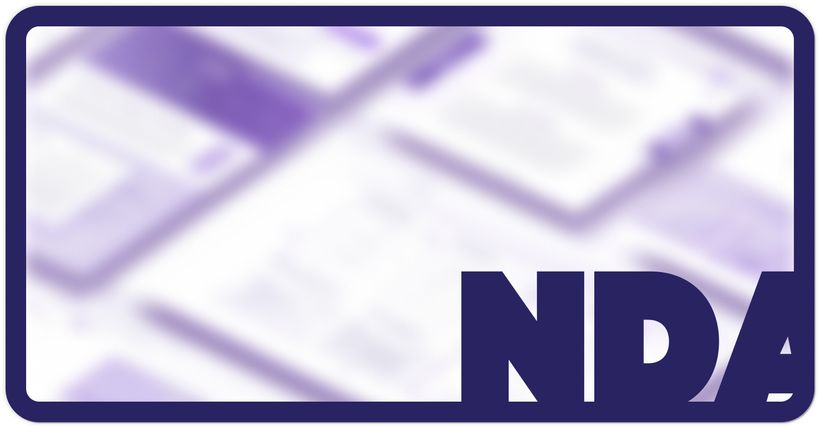!
Learning Management System
Contract: NDA
Country: USA
Industry: Education
Timeline: April 2022 - May 2023
As online education gains momentum, it becomes increasingly important to ensure that learning platforms are tailored to the specific needs of individual clients, industries, and user groups. This requires the development of adaptable, component-based solutions that can be easily customized and scaled to meet the requirements of a wide range of online learning initiatives.
The global online education market has experienced substantial growth in recent years. According to a report by Research and Markets1, the online education market was valued at $101.37 billion in 2019 and is projected to reach $374.26 billion by 2026, growing at a Compound Annual Growth Rate (CAGR) of 19.6% from 2021 to 2026. That growth opened a significant opportunity for online creators and created a high demand for online platforms to serve educational content.

Objectives
We at the Department of Web were approached by a client who needed a custom, scalable Learning Management System (LMS) that could be sold as a productized service to their end clients.
Productized services are a unique business model in which a company offers a standardized, pre-packaged solution to a specific problem or need. Instead of customizing their services for each individual client, the company develops a set of clearly defined deliverables that can be easily replicated and scaled. This approach allows clients to know exactly what they're getting upfront, streamlining the sales process and reducing the time spent on negotiation and project scoping. We’ve been responsible for all the technical parts of the project, delivering a complete package, extensive documentation, and load testing the final application to assess infrastructure costs and application bottlenecks.
Solution
To deliver the product, our Department of Web team collaborated closely with the client in 1-week sprints. The initial focus was on meticulously planning the implementation of each feature, as a well-prepared roadmap helps avoid costly revisions and ensures a smoother development process. Once the plan was established, the team designed the database structure and determined the best approach to backend and frontend componentization.
Implementation of Continuous Integration and Continuous Deployment (CI/CD) played a crucial role in streamlining the development process. CI/CD enabled automatic testing of code semantics and formatting, unit testing, and seamless deployment of the app across dev, staging, and production environments. This led to faster, more reliable, and error-free releases, benefiting both the development team and the client.
The frontend was deployed on Vercel, providing the client with key benefits such as faster deployments, simplified scaling, and improved performance. Hosting the website on the Edge, through edge computing, allows for reduced latency and quicker content delivery to users while keeping the cost very affordable. Tu ensure the app meets the various client requirements, we had to implement integration with Stripe and PayPal as out-of-the-box payment gateways with the potential for further expansion.

Technology
We selected Laravel as the backend framework due to its robust and clean codebase, excellent performance, and vibrant community support. Laravel Nova was utilized for the admin panel, ensuring a seamless and secure administrative experience with advanced permission management.
The frontend was built on NextJS, an ideal choice for server-rendered React applications, and enhanced performance.
Frontend and backend communication were done with GraphQL. It was chosen for the internal API, offering greater flexibility and efficiency over REST API. Frontend components were developed in isolation using Storybook, enabling unit testing and modular composition of the app.
Cloudflare Streams was employed for video streaming, providing a high-quality experience for the end-users.
Challenges
Providing scalable video streaming was a significant challenge, which the team addressed using Cloudflare Streams. This solution allowed for a YouTube-like experience, including adaptive video quality, automatic bandwidth detection, and closed captions.
Organizing the codebase to allow easy configuration of features in subsequent applications was another challenge. Through careful planning and code architecture, the team achieved an exceptional developer experience and ease of configuration.

Results
The LMS App has been already successfully deployed across various industries, including homesteading, music, and education.
One of the applications generated $1M in revenue within the first month, which was a great success for both the marketing team and development team due to the scale of the App.
The ability to quickly spin up new app instances was a crucial requirement that the team met. One of the apps experienced a massive traffic spike on the launch date, with over 1000 concurrent users, and was able to run smoothly on a single 16 GB RAM and 8 vCPUs backend server instance.
Conclusion
The Department of Web successfully developed a custom, scalable Learning Management System, meeting and exceeding the client's objectives.
The carefully planned implementation, cutting-edge technology choices, and effective solutions to challenges resulted in a high-performing and adaptable product.
The LMS has already generated substantial revenue and demonstrated its ability to handle significant traffic spikes, making it a successful endeavor for both the client and our team.
We worked on
- Design Implementation
- Web Development
- Technical Consulting
- Video Streaming
- Custom App
- Modular App
- Scalability
Partnership goal
Creating scalable and customizable LMS platform that can be quickly setup for different brands.
Technology
- PHP / Laravel
- React
- GraphQL / REST
- Cloudflare Streams
- Backblaze
- Testing: Pest / Jest
Results
Rapid success in diverse markets, with one instance generating $1M in revenue within its first month. Our LMS proved its scalability and reliability, handling over 1000 concurrent users easily, demonstrating its potential for significant return on investment and customer satisfaction.
- $1M+
first month revenue
- 1000+
concurrent users